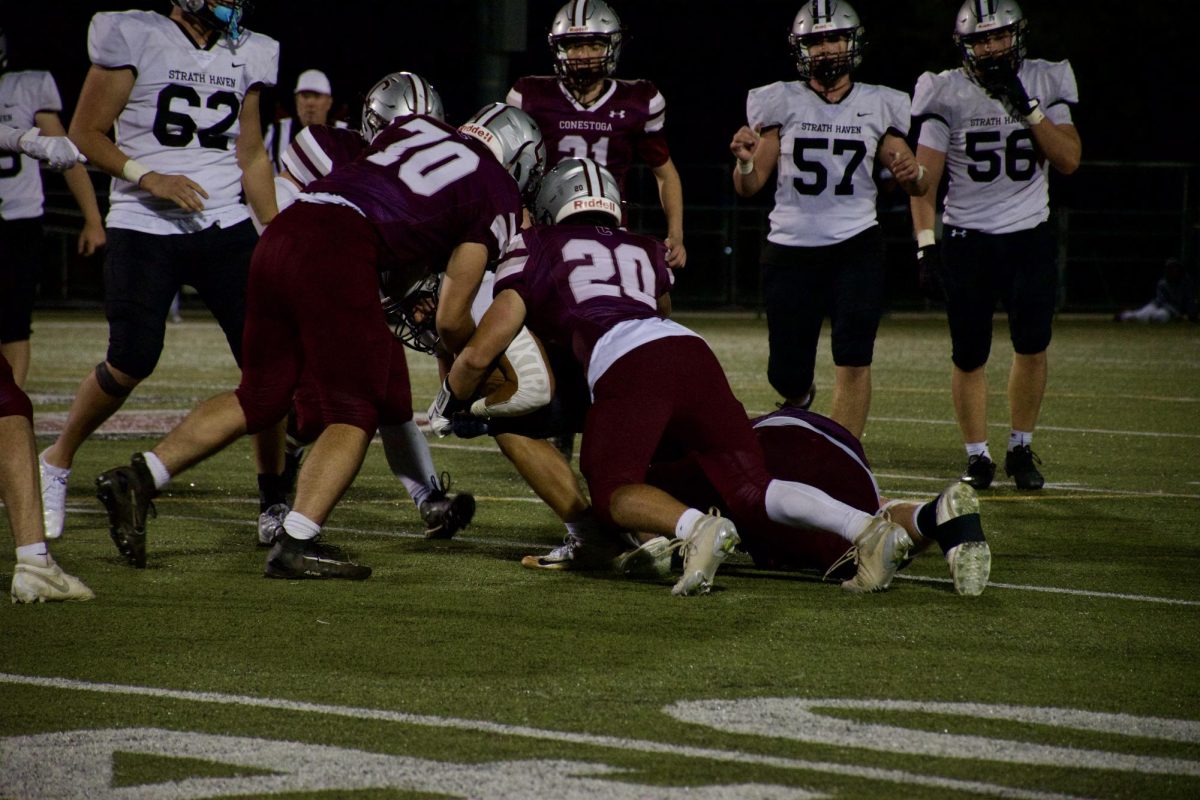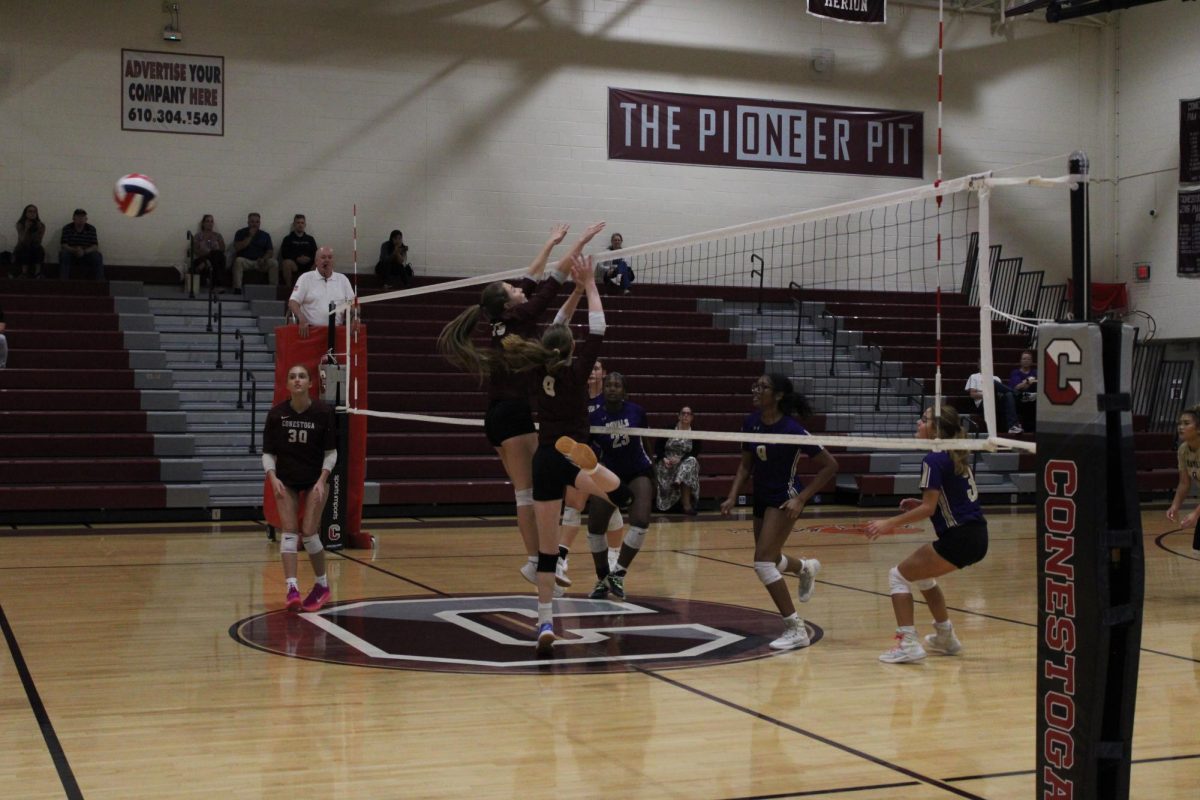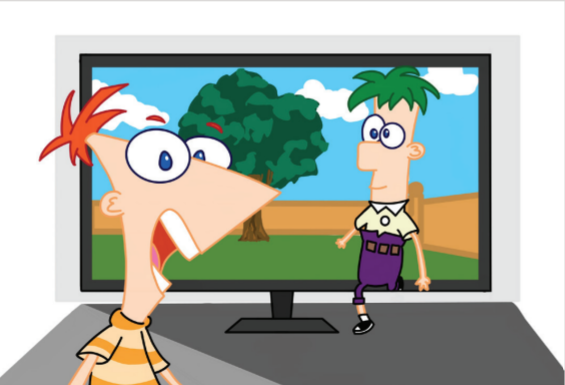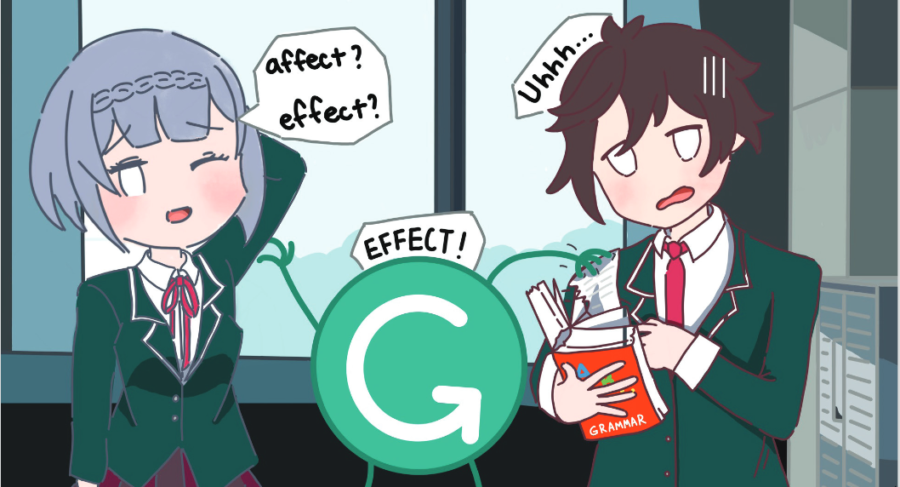By Evan Lu, Co-Editor in Chief
At first glance, Phineas and Ferb is far removed from the genre of educational programming.
Or at least that’s what my parents thought. As a child, they rarely allowed me any screen time: “That TV will rot your mind Evan, just you wait!” Whenever they left me alone though, whenever I had a shot at unrestricted TV glory, I took it. And in a second act of defiance, I rejected the channels my parents did allow me to watch – PBS, BBC and the Discovery Channel – for something far more exciting: Phineas and Ferb.
As a wide-eyed 9-year-old, I watched all 129 episodes of the animated comedy series on Disney (a channel rarely associated with intellectually stimulating content). Yet in many ways, the show’s two main characters – 10-year-old stepbrothers Phineas Flynn and Ferb Fletcher – were the best teachers I never had.
Each episode encompassed another day of summer vacation, and Phineas and Ferb embarked on some grand new project. In the first episode, they built a backyard roller coaster. Another day, they invented cold fusion. Once, the pair constructed an escalator ascending to the moon. Each creation was crazier than the last, but nothing could stop them. Phineas was an incurable optimist, brilliant, creative and resilient. Ferb was cool under pressure, a quick thinker and a technological guru. Their faith in themselves was unwavering.
Phineas and Ferb showed me how science could be used to help people in everyday life. Following their friend Isabella’s tonsil removal, they created the world’s biggest ice cream machine. When their sister Candace lost her phone, the pair made her a super-phone, complete with a rimshot app and teleportation system. They even built a “stratospheric ionizer” to wish a lonely Russian cosmonaut “Happy Birthday.” I saw them identify issues, figure out a plan and get to work. I began to understand how anyone could address individual problems – ones I encountered daily in school hallways, the park playground or the local library – and help to fix them.
I couldn’t stop imagining myself in their shoes. Before, creating change felt inaccessible. It was a task best left to adults, who were supposedly better-equipped and seemed to know what they were doing. The researchers, journalists and politicians on the news were decades older than me, sat in stiff suits behind great mahogany desks, and spoke with a reverberating tone of experience and gravitas. Yet here were two elementary schoolers, with bright messy hair and colorful shirts and voices that sounded just like mine, spotting problems in the world and doing something about them. Phineas and Ferb shared virtually nothing in common with the changemakers I knew – that is, nothing but a burning, unyielding passion for imparting an impact.
To this day, compared to the bourgeoisie elite of serious educational television, Phineas and Ferb are the supposedly “unsophisticated” and “uncultured” proletariat. It’s true: there are programs more suited to teaching, that can convey more knowledge in a shorter period. Yet while those are valuable, so are their light-hearted, comedic, cartoon cousins. It’s the shows that couple learning with fun that can pierce the hard shell of an unreceptive child, that can open their horizons and serve as a gateway to further education. And though I’d never dare to publicly contradict my parents on their screen time policies (Mom, please don’t read this), it was the clandestine episodes of Phineas and Ferb and not the History Channel that truly inspired my love for learning.
At some point I stopped following Phineas and Ferb’s adventures, and we each continued upon our own quests: the brothers with their legendary projects, and me with the complexities of growing up and my reinforced passion for impact. Phineas and Ferb dared me to dream big, have faith and realize that anyone could make a change in the world through science, government education or something different altogether.
So to the parents, don’t be afraid to let your children indulge sometimes. To my fellow high schoolers, don’t be embarrassed or ashamed to enjoy a childhood classic. And to the younger generation, don’t blame Evan if you get caught watching Dr. Doofenshmirtz and Perry the Platypus during homework time.
Evan Lu can be reached at [email protected].























































































